Adjunct and Visiting Faculty
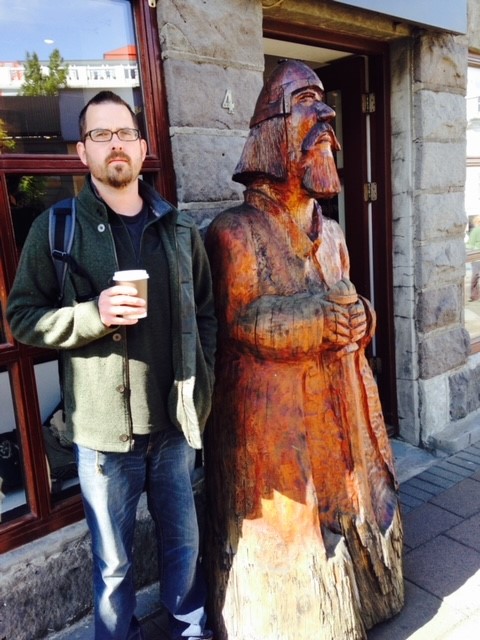
Michael Burdon received an M.F.A. in creative writing from Emerson College and has since taught at the University of Rhode Island and the Community College of Rhode Island, where he currently teaches composition, creative and screenplay writing, and a variety of literature classes. His fiction has been published in the Journals Matter and Boneshaker.
Noah Brooksher is a Ph.D. Candidate at Brown University, where he is currently completing a dissertation tentatively titled Metric Modernity: Romantic Poetry, Enlightenment Philosophy, and the Foundations of Measure. His work is forthcoming from European Romantic Review, and his scholarship has been supported by a fellowship from Yale’s Lewis Walpole Library.
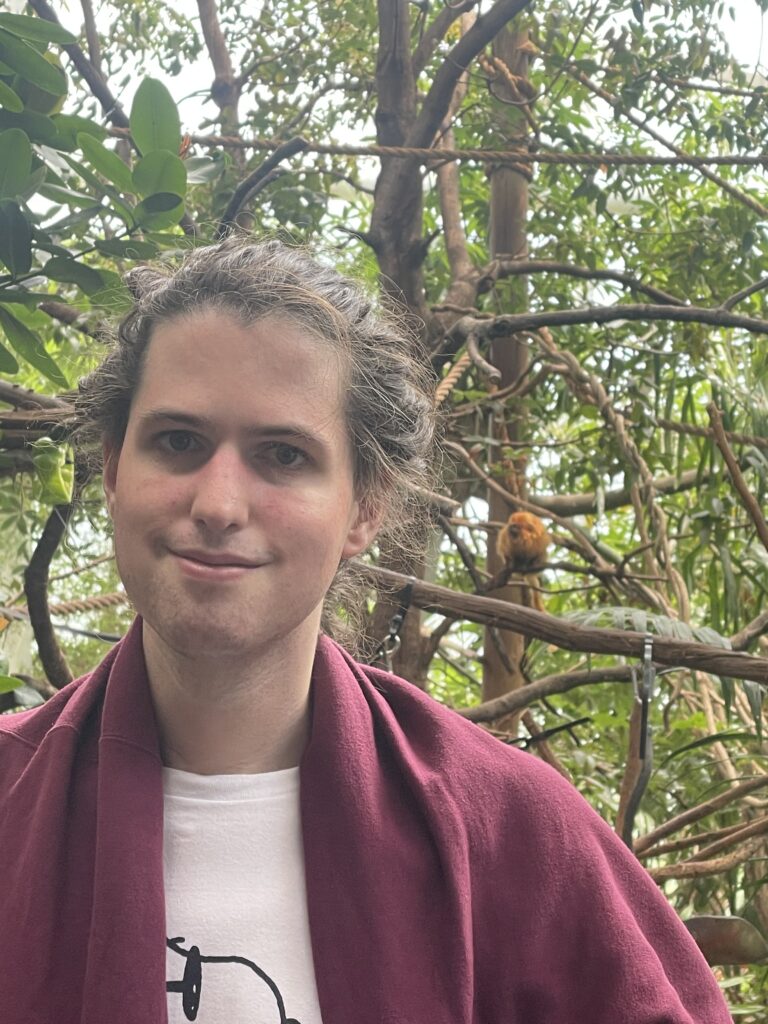

Rebecca Karni Rebecca Karni completed her Ph.D. in Comparative Literature at UCLA, earned a postdoctoral research fellowship, and was a visiting postdoctoral scholar in Stanford University’s Departments of English and Comparative Literature. Her teaching and research interests include 20th- and 21st-century global Anglophone, world, British, American, Asian British and Asian American, Japanese, Asian Diasporic, and French/Francophone literatures; the novel; narrative and literary theory; global film and visual culture; translation; aesthetics and ethics; affect theory; and ecocritical approaches to the study of literature, film, and culture. Her recent publications have appeared in Comparative Literature Studies, The Cambridge Companion to Kazuo Ishiguro, and Kazuo Ishiguro (Twenty-First Century Perspectives). She is currently completing a book-length study of Kazuo Ishiguro’s fiction in a world literary context.

Shawn Flanagan holds an MFA in Creative Writing and a M.A. in TESL.
Stephen Kurczy is a Visiting Assistant Professor with two decades of experience working in regional, national, and international news from the Cambodia Daily to the New York Times. He is the author of The Quiet Zone: Unraveling the Mystery of a Town Suspended in Silence (HarperCollins, 2021), which was named a book of the month by the Washington Post as well as one of one of USA Today’s “5 books not to miss.” He also contributed a chapter to The Routledge Companion to Business Journalism (2024). An award-winning journalist, Kurczy earned his MS from the Columbia University Graduate School of Journalism, where he was a 2016-2017 Knight-Bagehot Fellow in Business and Economics Journalism. He is a contributing editor at Appalachia Journal.
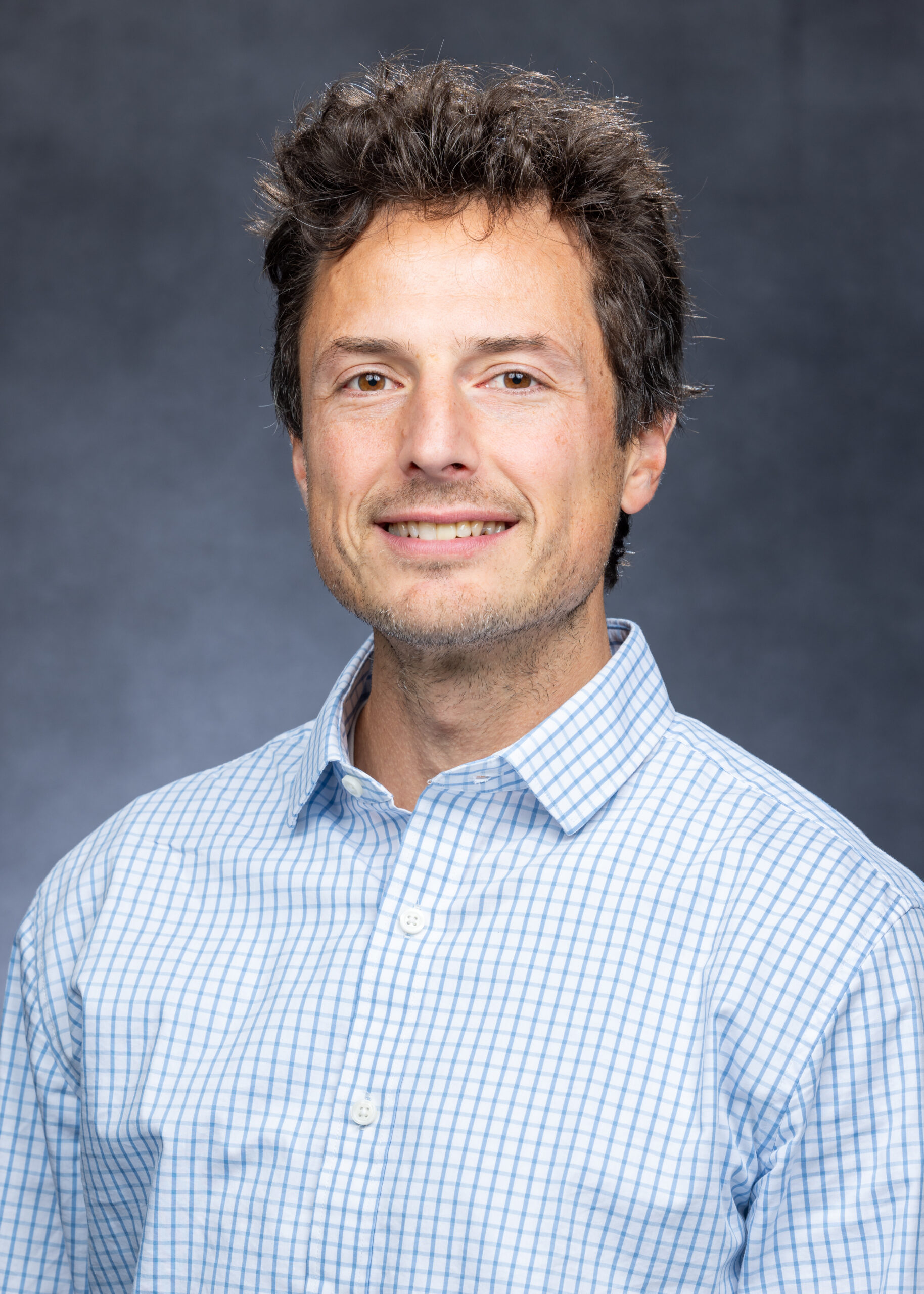
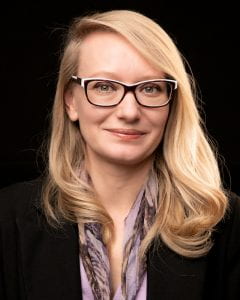
Olga A. Limnios (PhD Applied Linguistics, University of Birmingham, UK) is the author of Presented Discourse in Popular Science: Professional Voices in Books for Lay Audiences (Brill, 2018), The Language of Popular Science: Analyzing the Communication of Advanced Ideas to Lay Readers (McFarland, 2019), and an editor of Lab Lit: Exploring Literary and Cultural Representations of Science (Lexington, 2019). Formerly an Assistant Professor of English at Utah Polytechnic State University, she has been teaching English, literature, and linguistics at graduate and undergraduate levels since 2009. Having moved to Providence, she joined PC in 2021.
Katherine Nadeau received her Ph.D. from Brandeis University in 2019. Her dissertation focused on characters she identifies as sympathetic servants in the eighteenth- and nineteenth-century British novel. A related article titled “Minor Characters and Sympathetic Service in Samuel Richardson’s Pamela” was published in Eighteenth-Century Fiction. During her time at Brandeis, she taught many class sections for the University Writing Program on a variety of topics including Jane Austen, J.R.R. Tolkien, C.S. Lewis, and Disney and superhero villains. She loves learning from her students and helping them to find the joy in reading, writing, and analysis. She currently teaches writing and literature courses at Providence College, Rhode Island College, and Assumption University.
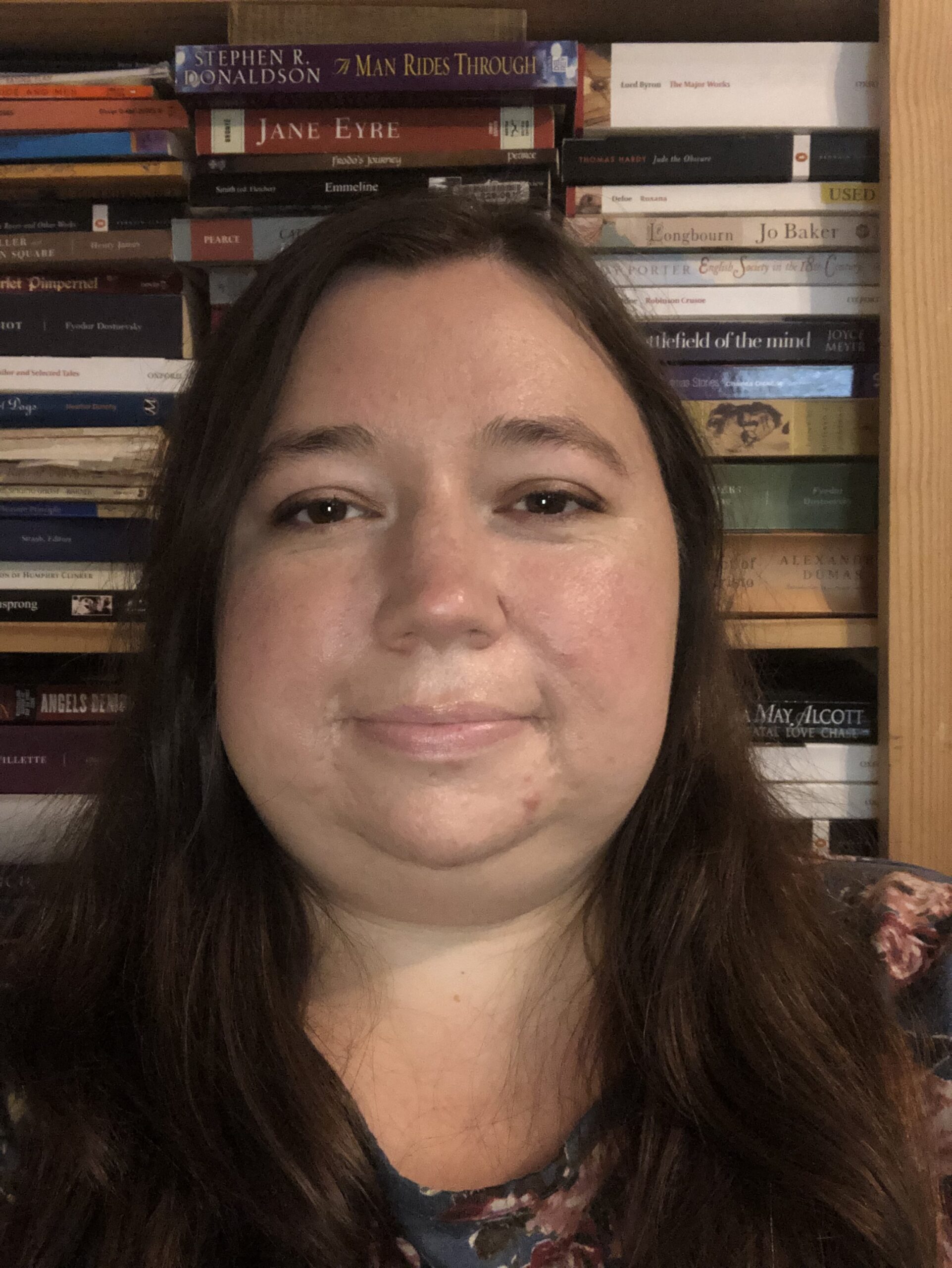

Michael Pare, in addition to teaching journalism at Providence College, is a full-time English teacher at La Salle Academy in Providence. Prior to embarking on his teaching career, he was an award-winning journalist for several Rhode Island newspapers. Pare is a graduate of the University of Rhode Island and the Graduate Literacy Program at Providence College.
Jenny Platz earned her M.A. in Cinema Studies at San Francisco State University where she concentrated on the role of women in exploitation films and the works of Quentin Tarantino. In 2017 she received her Ph.D. in English at the University of Rhode Island. She has presented at PCA, NeMLA, Slayage and other conferences on topics such as video game theory, horror, fairy tales, and screwball comedies. She has published in Enthymema, postScriptum, and Slayage, along with chapters in the edited volumes The Lifetime Network and Unraveling Resident Evil. She currently teaches film and digital media and composition at both PC and the University of Rhode Island.


Diane Quaglia Beltran (Ph.D., Rhetorics, Communications, & Information Design, Clemson University) or Prof. QB, as her students call her, has taught a variety of writing and rhetorics courses included First-Year Writing, Genre-based Writing, and Technical Writing. She was selected in 2017 to be Clemson University’s Visiting Scholar at The European Graduate School in Saas-Fee, Switzerland, were she focused on critical theory & philosophy. She has numerous presentations in the US and Europe about the instruction of writing, theory and application of rhetorical interpretation in writing courses. Her current research seeks to bridge understanding of rhetorics and cultural memory in an effort to expand cultural-material rhetoric’s role in public presentation and interpretation of memorial texts.
Milena Radeva-Costello received her Ph.D. from Pennsylvania State University. She recently published Philanthropy and Early Twentieth-Century British Literature (Routledge, 2019) and an essay on “Gender, Philanthropy, and the Great War in the Works of Edith Wharton and Ernest Hemingway” in Wharton, Hemingway, and the Advent of Modernism (Louisiana State University Press, 2019).

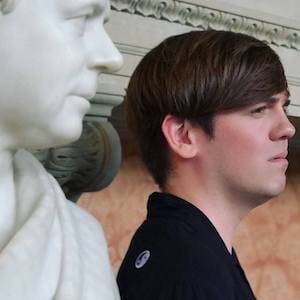
Christopher Yates is a Ph.D. candidate in the English Department at Brown University, where he reads early modern poetry and drama. He has taught literature and writing at both Brown and Providence College. Currently, he is working on a dissertation which considers the figure of the “hoarder” in its various manifestations across the Renaissance stage and page — from popular icons of greed or miserliness to less obvious “hoarder” figures like bankers, usurers, idolators, encyclopedia compilers, chroniclers, jailers, “blocking” characters, numismatists, antiquarians, art collectors, and list-makers.
The Department of English
Office Hours: Monday through Friday, 8:30 AM – 4:30PM
Ruane Center for the Humanities, LL37
english@providence.edu
Dr. Margaret Reid
Chair
Ruane LL32
401.865.2689
mreid@providence.edu
Ana Ramón-Foote
Administrative Coordinator
Ruane Center for the Humanities, LL37
401.865.2292
aramonfo@providence.edu





